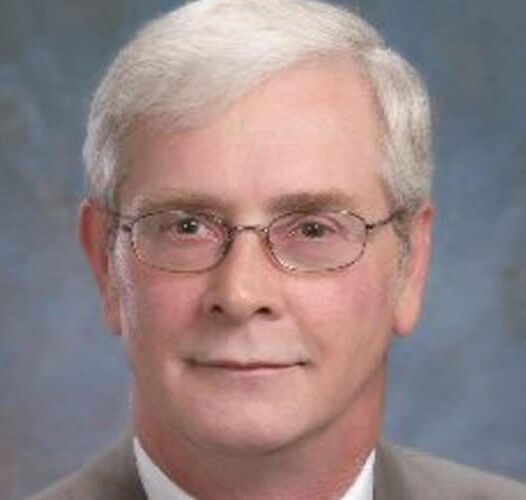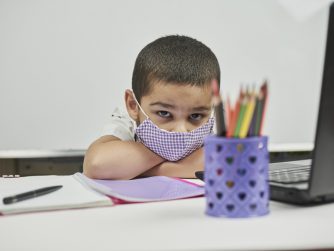Bruce Nisbet, LMSW
In this episode, Bruce Nisbet discusses Spectrum Human Services’ involvement with Health Homes, a Medicaid health program providing integrated and coordinated services to people in the community who have serious and persistent mental illness or two or more physical health conditions. Mr. Nisbet discusses the inception of the program, services offered, the program’s relevance, and implications for social work practice and education.
Interviewer: Catherine Dulmus, PhD, MSW





